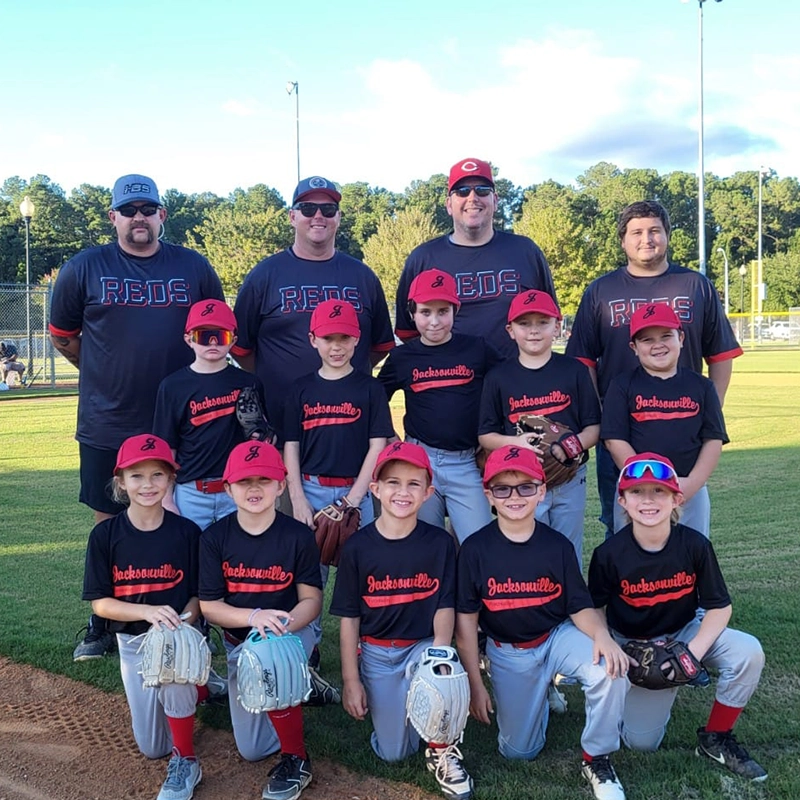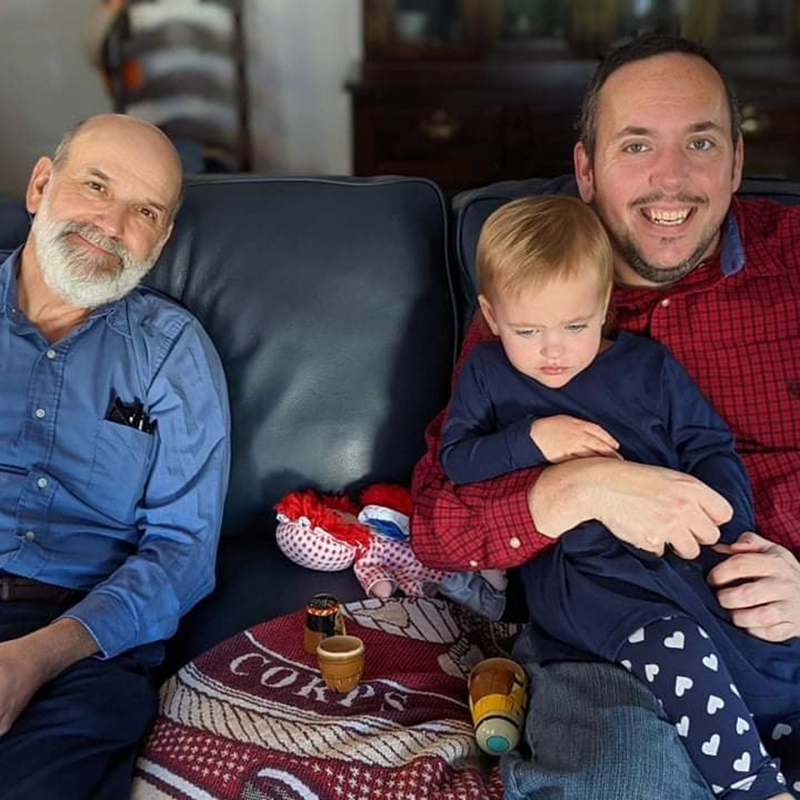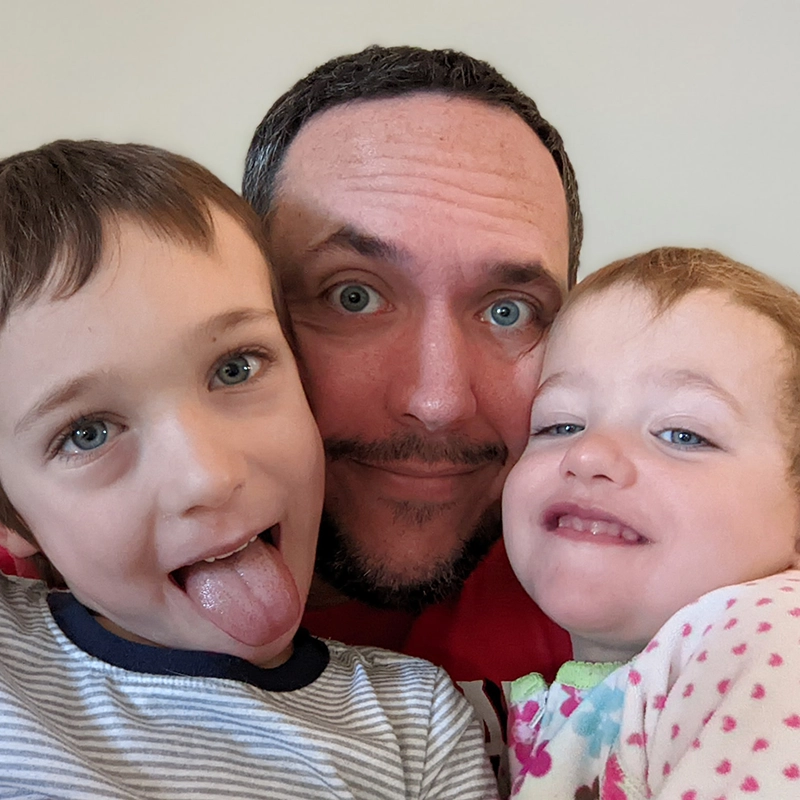Chris Schulte is a public servant who believes we all have something to contribute.
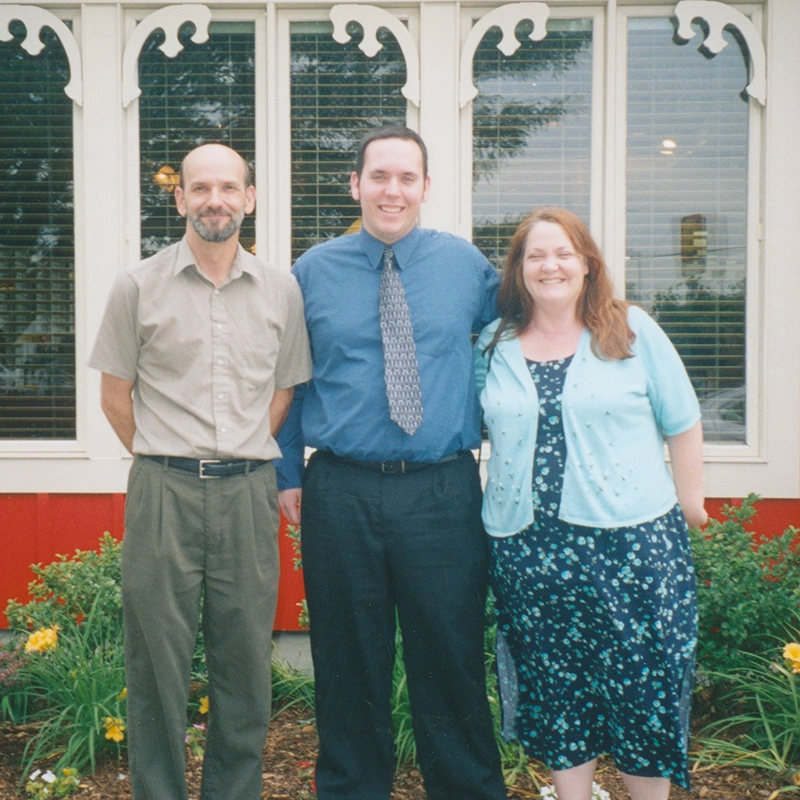
Christopher Schulte was born in Dayton, Ohio to John and Rhonda Schulte. His father worked in an auto parts factory while his mother stayed at home to raise Chris and his brothers. The Schultes were a working-class family, and neither of Chris’ parents had college degrees—in fact, his mom didn’t even graduate from high school. Even so, back in those days, you could still raise a family off of a blue collar salary, and while life wasn’t always easy, the Schultes were able to benefit from an economy that set working people up for success.
As a young man, Chris worked his way through college, first attending community college for his Associates degree before transferring to Wright State University to pursue his Bachelors degree. He paid his way by working odd jobs part-time at Little Caesars, Neaton Auto Products, FedEx, and Applebee’s, and in 2004, graduated with his Bachelor of Science in Psychology before pursuing his Master of Science at the University of North Texas, where he focused on therapy and advocacy for victims of domestic violence and sexual assault.
In August 2008, Chris moved to Jacksonville, North Carolina to take a job as a full-time Psychology Instructor at Coastal Carolina Community College, commuting each day from his home in New Bern to teach filled-to-the-brim classes during the height of the Great Recession. During these years, Chris watched as North Carolinians pulled together through tough times and worked to improve their situations—but he also saw how the same fundamental economic deal that had allowed his parents to raise three kids on a working-class salary was breaking down and leaving people behind.
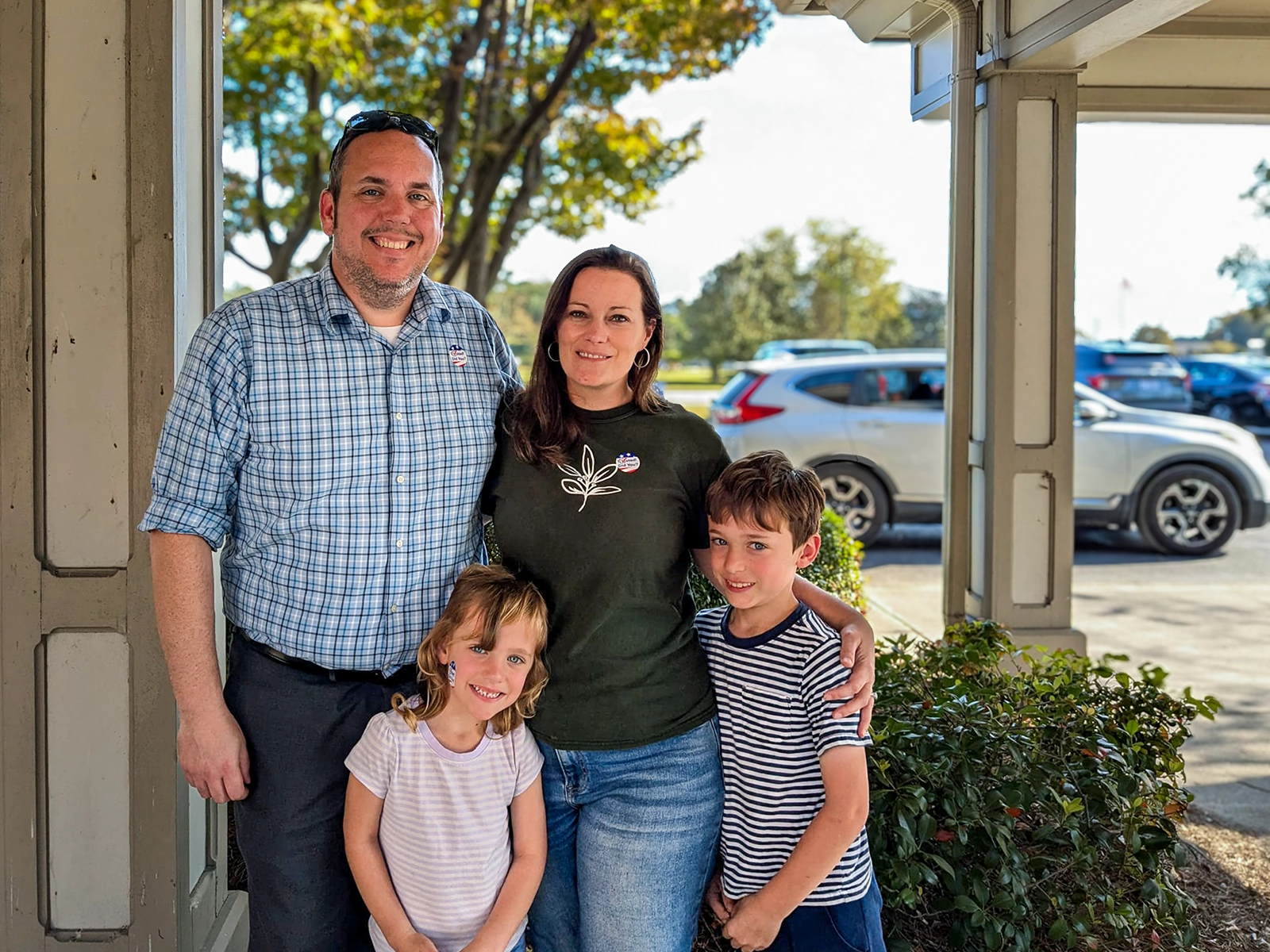
In 2011, Chris met his wife, Shelley Freeman, and married her on October 24, 2015. On November 9, 2016, Chris and Shelley welcomed their son, Evander, into the world—the day after Donald Trump was elected to his first term in office. It was a day of mixed emotions, combining the joy of new life with the fear and uncertainty of seeing such a divisive figure elected to national office. It seemed to defy reason that the same community Chris saw pull itself together during the 2008 economic crisis could have given in to distrust and hatred in this way. Chris vividly remembers holding his newborn son that night and saying to him, “you have to fix this.” But as soon as those words left his mouth, he understood that he was wrong—fixing our country isn’t something we can leave to the next generation. The responsibility to guide our country falls on each and every one of us, for the sake of our children.
That was the beginning of Chris’ involvement in politics—and that spring, he got involved with the Onslow County Democratic Party, working tirelessly to make progress for Onslow County, Eastern North Carolina, and the United States of America. In the years since, he has served as Chair of the Onslow County Democratic Party and put his name on the ballot as a candidate for state legislature in a gerrymandered district, ensuring that voters had a real choice even in a so-called “red seat.”
Across Chris’ life, he’s seen how the fair deal Americans once counted on has broken down, and how that has distorted our sense of community, letting harsh individualism and narcissism replace our ties to one another. But it doesn’t have to be that way—Chris believes every one of us has the inherent potential for greatness, and as a psychologist and educator, he’s seen time and time again that we all strive to reach that potential when our basic needs are met. Now, he’s running for Congress to fix our broken system, bring North Carolinians a better deal from their government, and fight for Eastern North Carolina in Washington, D.C.
When not fighting for his community in the political arena, Chris volunteers with the Onslow Victims Center, serves on the Board for the Gary and Dottie Capers Foundation, and continues to teach at Coastal Carolina Community College. He and his wife, Shelley, live with their two children, Evander and Amelia, in Richlands, NC.
